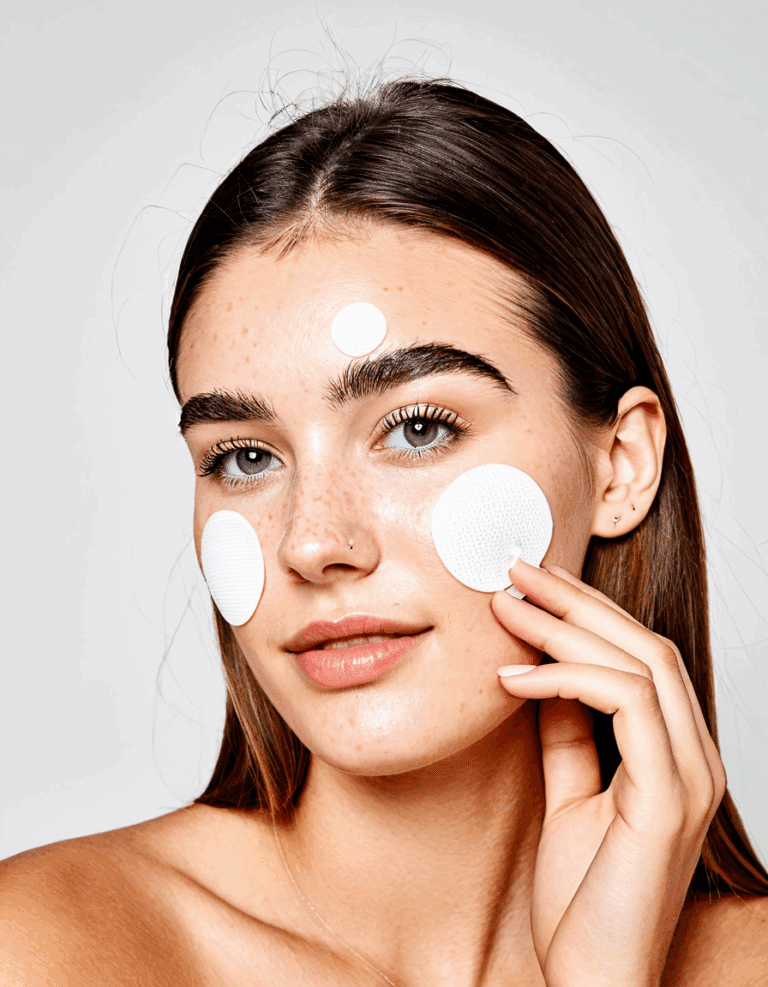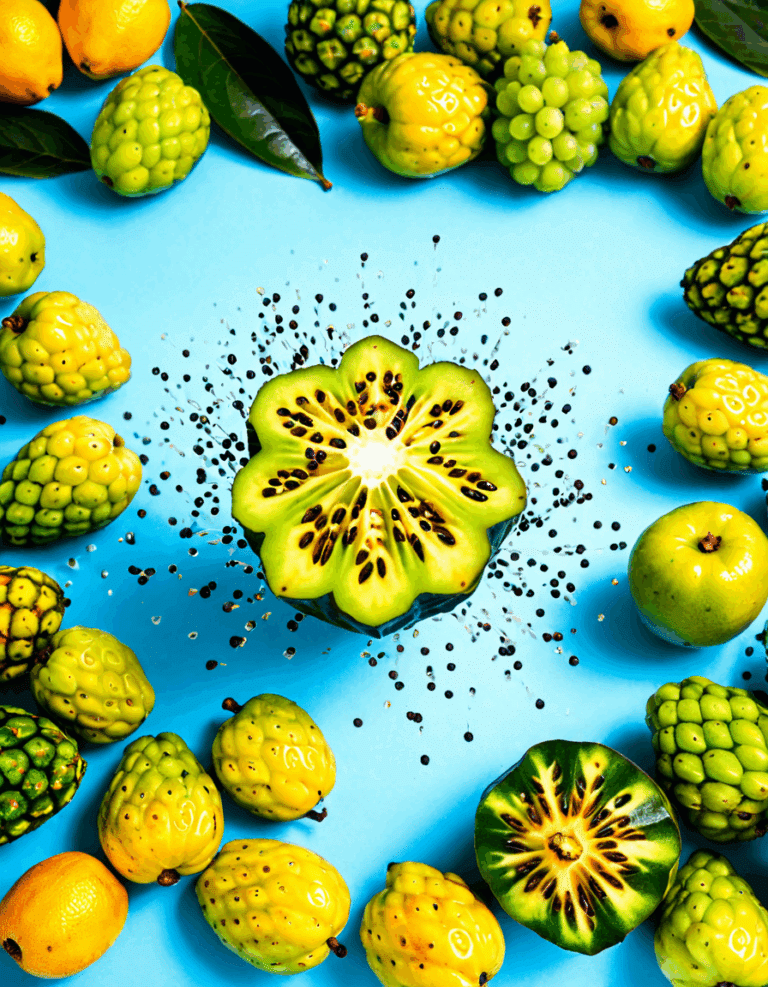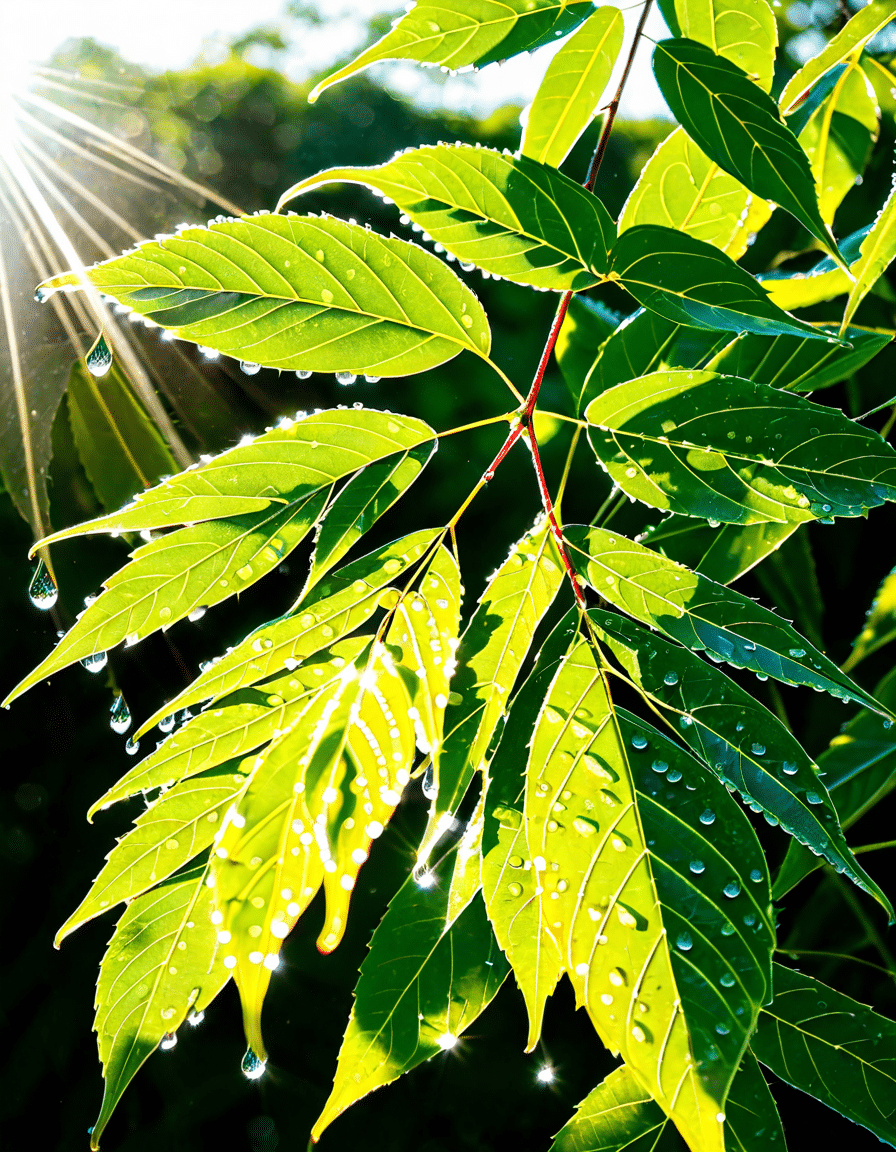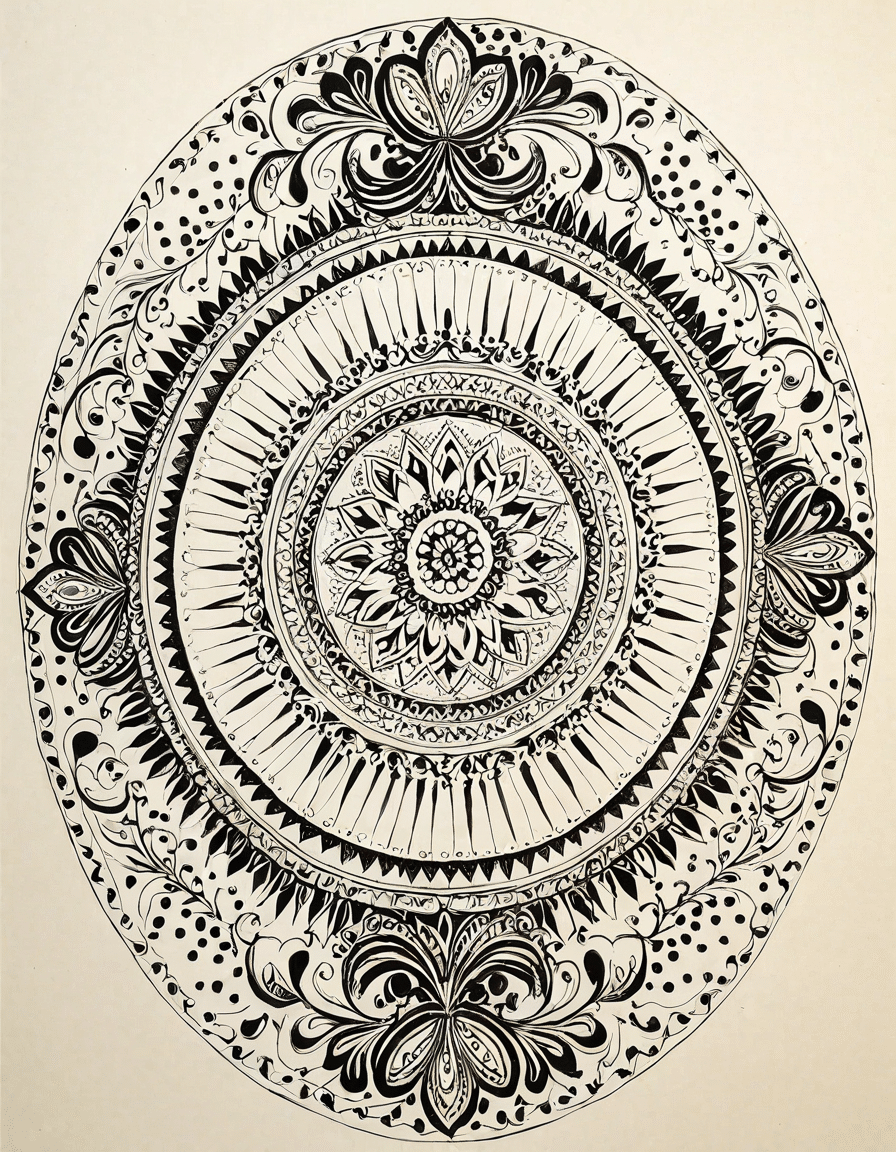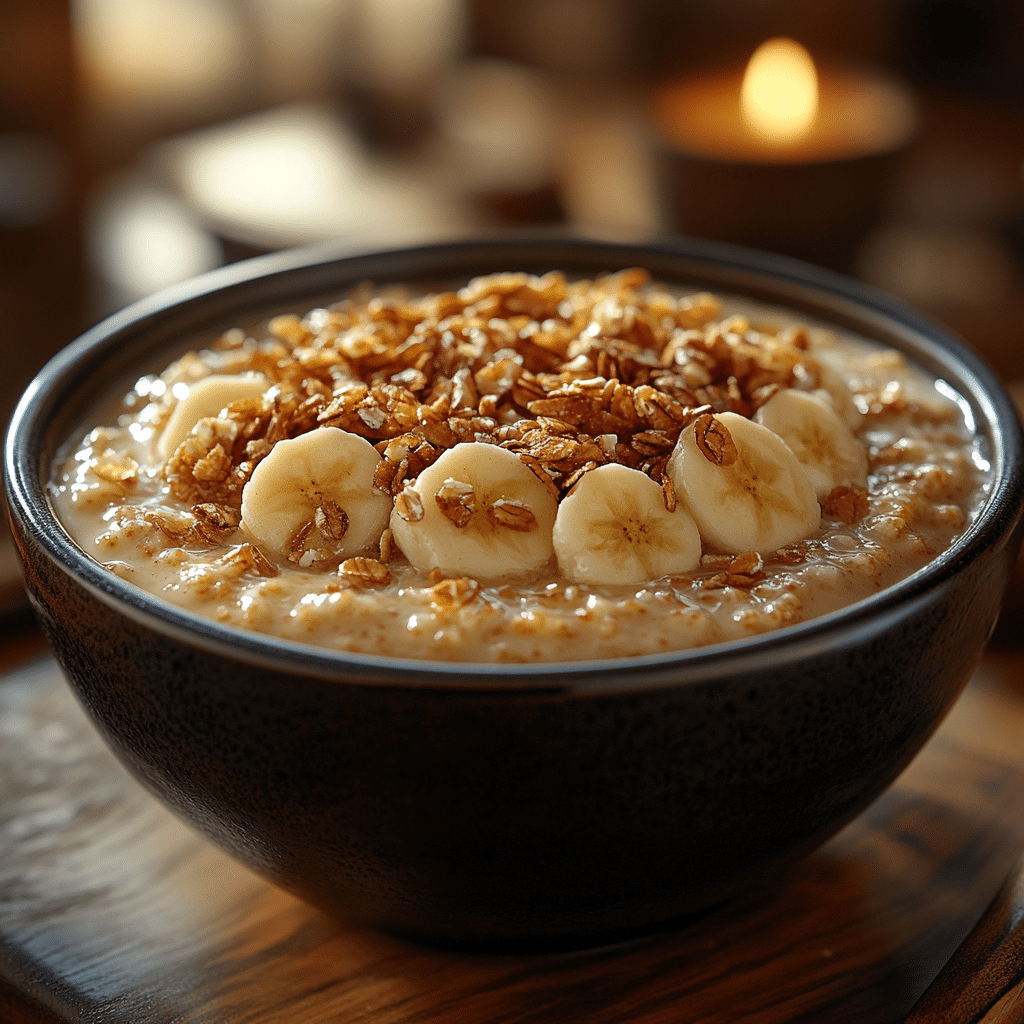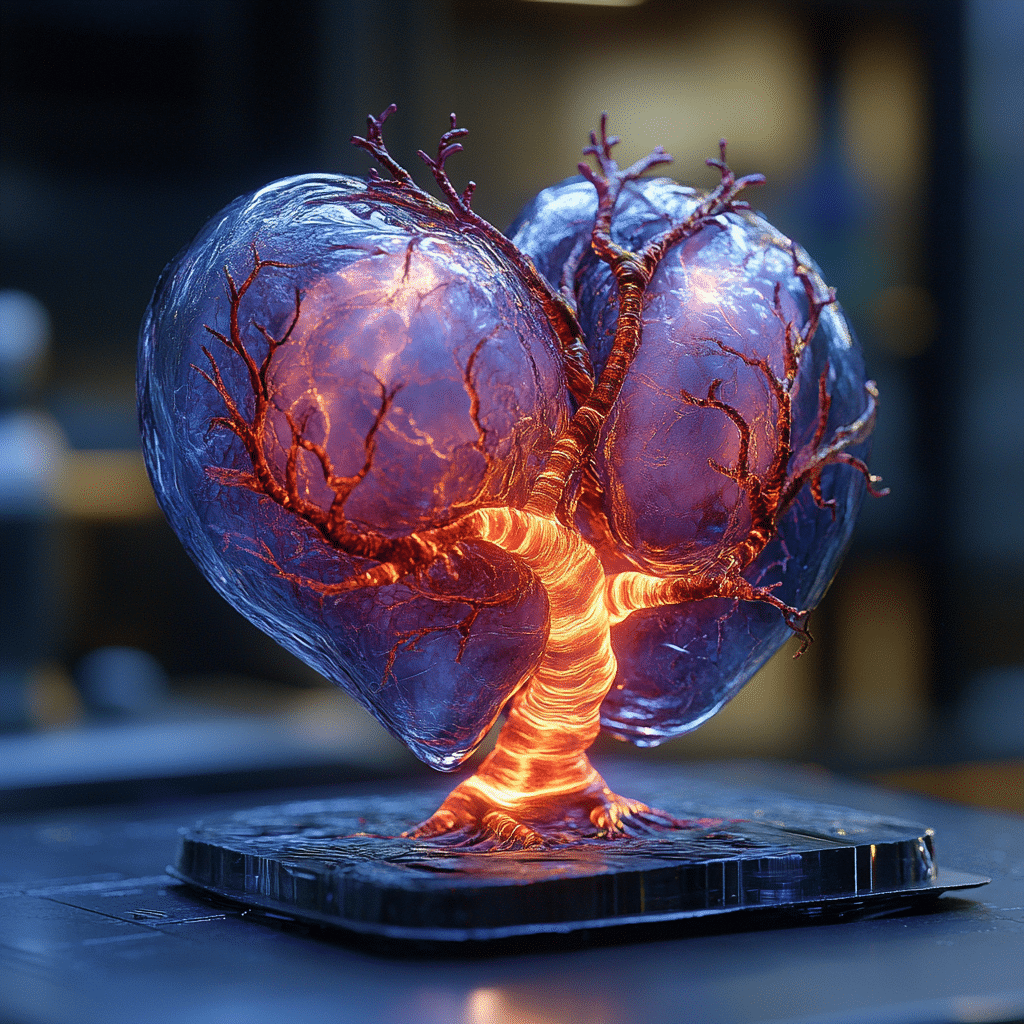Hey there, fitness aficionados! Today, we’re diving headfirst into a topic that might not get the same spotlight as intense workouts or meal plans but is undeniably important for those affected: pemphigus. This autoimmune blistering disease can throw a wrench in anyone’s wellness goals, whether you’re pumping iron at the gym or just living your daily life. Understanding this condition is key to tackling its challenges and pushing through to that ripped six-pack you’re after. So, let’s break down pemphigus, its causes, and the treatments available to manage it effectively.

Understanding Pemphigus: Types and Symptoms
Pemphigus isn’t just a single illness; it’s an umbrella term that encompasses several types of autoimmune diseases. Each variant, including pemphigus vulgaris, pemphigus foliaceus, pemphigus herpetiformis, and paraneoplastic pemphigus, brings its own set of challenges. This condition primarily affects the skin and mucous membranes, leading to uncomfortable and painful blisters, erosions, and fragile skin that can really complicate daily living.
Those who suffer from pemphigus experience key symptoms worth knowing. Imagine dealing with painful blisters that seem to pop up out of nowhere, leaving your skin feeling raw and exposed. Not only that, but the fragility of your skin can make ordinary activities feel like a serious obstacle course. It’s like trying to maintain your gains at the gym while juggling a mean mosquito bite—frustrating, right?
So why is understanding pemphigus so crucial? Grasping its symptoms not only aids in prompt diagnosis but also empowers individuals to seek treatment proactively. With the right approach, managing pemphigus can shift from being a burden to merely a chapter in your fitness journey.

The Top 5 Causes of Pemphigus
A deep dive into pemphigus wouldn’t be complete without looking at what really causes this condition. Here are five key contributors:
Some of us have the bad luck of genetics on our side. Research shows that specific genetic factors, especially certain HLA alleles, can ramp up the chances of developing pemphigus. Populations with these genetic markers seem to be hit harder, showing that our family history can be a double-edged sword.
Think twice before blaming just your genes. Environmental factors play a major role, too. Things like UV radiation, certain medications, and viral infections can trigger pemphigus symptoms. For instance, antibiotics like penicillin and NSAIDs have been linked to flare-ups. That’s why it’s so important to stay informed about what you put into your body.
Women, listen up! Pemphigus tends to hit women more frequently than men. This raises the question: how do hormones play a role? Some studies suggest that estrogen might be a factor in driving the autoimmune response. So, if you’re a woman grappling with pemphigus, this insight can be crucial for your journey.
Food lovers, beware! What you eat can also impact your skin. Interestingly, certain foods, like parsnips, have been linked to worsening symptoms for some people. Being aware of these dietary triggers can make a world of difference in managing your autoimmune response.
Ultimately, pemphigus revolves around your immune system going haywire. It’s that unfortunate case where your body mistakenly targets itself, creating autoantibodies that lead to those pesky blisters. Understanding this mechanism lays the groundwork for effective treatment options down the line.

Current Treatment Options for Pemphigus: From Corticosteroids to Ocrevus
If you or someone you know is battling pemphigus, the good news is that treatment options have improved significantly. Let’s explore what’s available for managing this condition:
As a first line of defense, high-potency topical corticosteroids can help lessen inflammation and reduce blister formation. Popular brands like Clobetasol and Betamethasone are often doctors’ go-to prescriptions, providing quick relief to keep you on the move.
For cases that are more severe, oral steroids like prednisone might become necessary. While these medications can be effective, long-term use doesn’t come without a price. Side effects such as osteoporosis and diabetes are real risks, so doctors usually monitor their patients closely.
Medications such as Azathioprine and Mycophenolate mofetil are also in the lineup. These help control the immune response, making them a fantastic option for chronic management. Think of them as the supportive team members that ensure your autoimmune condition stays in check while you focus on hitting your fitness targets.
Here’s the game-changer: Ocrevus (ocrelizumab). Originally designed for multiple sclerosis, this monoclonal antibody has shown promise for treating pemphigus as well. It selectively depletes the B-cells responsible for autoantibody production, offering a targeted approach that can lead to improved outcomes.
Now, if traditional treatments aren’t cutting it, plasmapheresis could be a viable option for more acute cases. This procedure filters harmful antibodies from your bloodstream, providing quick symptom relief and sometimes acting as a lifesaver when other treatments fall short.

Future Directions: Innovative Research and Emerging Therapies
The landscape of pemphigus treatment is looking brighter than ever. Ongoing research is focusing on groundbreaking therapies like gene therapy and personalized medicine, aiming to tailor treatments based on individual genetic profiles and disease severity. This means no more one-size-fits-all approaches—just targeted strategies that treat you as you.
Moreover, emerging studies are investigating the link between pemphigus and changes in the microbiome. That’s right; gut health might just have an role in your autoimmune response. Maintaining that healthy gut could be an untapped resource for better managing pemphigus.
The future is here, and hope is on the horizon for those affected by pemphigus.

Final Thoughts on Managing Pemphigus
Living with pemphigus demands a well-rounded approach that includes medical treatments, emotional support, and lifestyle adjustments. The more you know, the better equipped you’ll be to tackle this autoimmune beast head-on. By grasping the intricacies of its causes and staying updated on innovative treatments, you’re not just part of the fight; you’re in the driver’s seat.
Adopting a balanced diet rich in antioxidants while steering clear of known triggers can significantly impact your wellness. Remember, it’s not about letting pemphigus define you but empowering yourself with the knowledge and resources to manage it effectively.
Stay strong, stay educated, and keep pushing towards those fitness goals. After all, bodybuilding and managing chronic illnesses don’t have to be mutually exclusive.
Let’s crush those challenges together!
Pemphigus: Fun Trivia and Interesting Facts
The Intricacies of Pemphigus
Did you know pemphigus isn’t just one condition, but a group of autoimmune disorders? These diseases primarily affect the skin and mucous membranes, leading to blistering and sores. Fun fact: the term ‘pemphigus’ comes from the Greek word for blister. This autoimmune disorder can sometimes lead people to feel vulnerable, similar to how an actor might feel facing the camera for the first time, like Brynn Thayer suggesting a dual role, one of grace and fragility. Pemphigus can also be triggered by medications; for instance, some reports point to Quetiapina as a potential risk factor. So when you’re weighing the pros and cons of different treatments, keep an eye out, folks!
Celebrities and Pemphigus
While the condition itself is serious, it’s fascinating how some well-known people have navigated their diagnoses. Celebrities like Kelly O’donnell have inspired many with their stories of resilience. Their journeys remind us of the ups and downs of dealing with autoimmunity. Can you believe that, historically, pemphigus was often misdiagnosed? Doctors initially thought it was something far less severe, illustrating the shifting tide of medical understanding. It’s just like Chris Kratt blending adventure with education, shedding light on the unknown.
Life Changes and Pemphigus
Living with pemphigus often involves changes in lifestyle and routine. Many find that a nutrient-rich diet can help manage symptoms. Alongside this, strategies like “75 Hard” challenge could boost mental resilience, sharpening focus on health and wellness. Maintaining an active life, akin to a thrilling ride on a Heller Ford, keeps spirits high. And here’s a surprising twist: some new studies even hint at a possible genetic link to pemphigus! Just as kernicterus tied into complex issues of newborn health, understanding these genetic markers could be a game changer in treatment and prevention.
As you explore the depths of pemphigus, remember to blend knowledge with compassion. Whether you’re simply curious or deeply affected by the condition, knowing these facts equips you with a broader perspective. Blistering might be the first thing that comes to mind with pemphigus, but behind it lies a richer tapestry of stories and insights, much like finding the perfect drink on The Rocks in a moment of relaxation.








